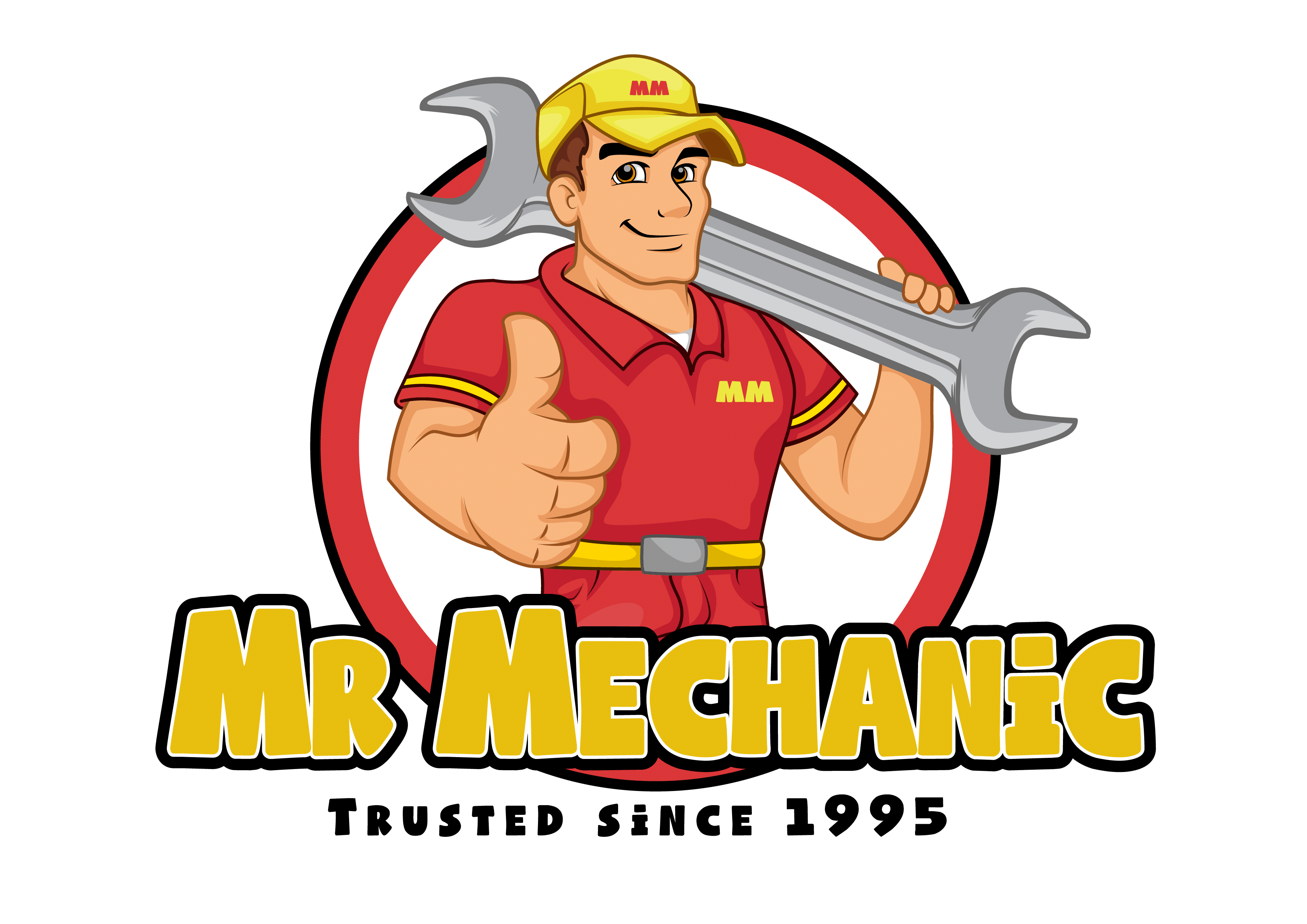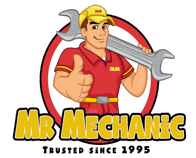Educating on good driving habits can help reduce fuel use by showing drivers how it improves both job security — by making the company more profitable — and the environment through reduced greenhouse gas emissions. It can also help drivers be more conscious of how their driving impacts fuel consumption, as well as the safety benefits of driving more responsibly.
Here are some tips if you want your car to burn even less fuel, especially if you use it often.
Check your tire pressure
The engine and transmission might power your car, but it’s the tires that provide the grip and allow it to move forward. This is made possible through a contact patch, the part of the tire that comes in actual contact with the road surface. The bigger the contact patch (such as with underinflated tires or bigger loads), the higher the rolling resistance that the car has to deal with.
When the engine has to work harder to keep the car in motion, it ends up consuming more fuel. Make sure to check your tire pressure before driving off, preferably in the morning when the ambient temperatures are still low.
You can use the recommended tire pressure indicated on the car’s door sill as a baseline, as long as you don’t overinflate the tires.
Get rid of excess weight
These days, cars are no longer just modes of transport but also serve as extensions of the home or workplace. Apart from the usual items such as tools and early warning devices, you might be lugging around other stuff such as a spare change of clothes, equipment, or even miscellaneous paraphernalia that you haven’t quite figured out how to organize at home yet.
Remember, all that weight bears down on the car. As much as possible, take only what you actually need on a particular trip or commute, and remove unnecessary loads. For instance, if you have your own indoor parking space in the office, you might want to leave the car cover at home. Or clean out your vehicle’s cargo area of junk and other debris to lighten the load.
Avoid aggressive driving
The sudden acceleration of the vehicle from a standstill (also known as jack-rabbit starts) and hard braking can increase fuel consumption by as much as 40 percent. It can also be uncomfortable and dangerous for your passengers. Even small bursts of acceleration during cruising bring down fuel efficiency.
Keeping in mind that a car consumes the most fuel when starting from rest, you’ll want to accelerate as smoothly as possible, getting into the higher gears as quickly as vehicle speed allows. Instead of mashing the gas pedal, imagine an egg placed under your foot that shouldn’t be crushed as you accelerate.
Lift your foot off the gas pedal when it’s time to slow down and drive steadily at posted speed limits on expressways. If your vehicle comes with cruise control, use it when the situation allows.
Monitor traffic ahead
By keeping an eye on upcoming traffic conditions, drivers can anticipate having to slow down. It is more efficient to keep a truck moving than to start from a complete stop, which also reduces the number of gear changes needed. Drivers should also check for any hazards ahead, both for safety reasons and to improve efficiency.
Select better routes
Plan more efficient routes by accessing maps that show the location and final destination of every fleet vehicle. View driver and vehicle information through actionable icons while monitoring traffic, weather, and more. See area topography, building footprints, and vehicle clusters to support greater fleet efficiencies and reduce miles driven.
Observe periodic maintenance
Fuel efficiency is also dependent on how well the car is maintained. A long overdue oil change, a dirty air filter, or a problem with the suspension can all affect your car’s fuel consumption by forcing it to work harder than it’s supposed to. Make sure that your car’s periodic maintenance schedules are observed, not just to save fuel but also to give you peace of mind with every drive.
Anyone can use these tips to reduce overall fuel usage and save thousands of dollars. Not only does reducing fuel use boost profitability, it helps increase efficiency and improve the company’s bottom line. The more you can save on fuel expenses, the better.
Contact Mr Mechanic to schedule your appointment and enjoy the peace of mind that comes with knowing your vehicle is in good hands!

